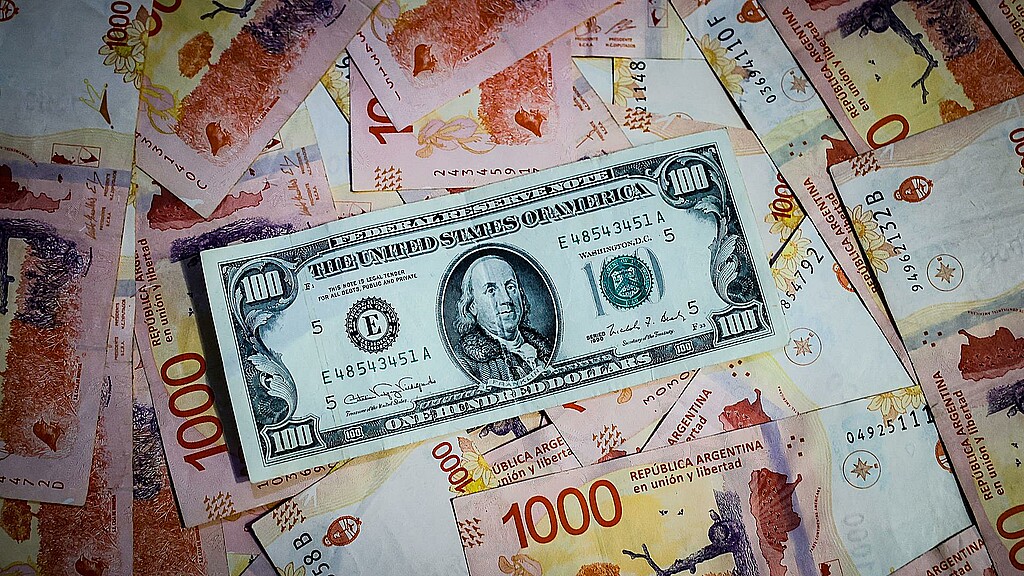Business
Argentina launches its highest denomination banknote amid economic crisis
In April, consumer prices rose 109% in Argentina, the largest increase since 1991, and this trend is expected to continue in the coming months

May 29, 2023 11:35am
Updated: May 29, 2023 11:38am
The Central Bank of Argentina launched this week a new 2,000-peso bill in response to accelerating inflation, which exceeds 100% annually.
However, this new note is barely equivalent to about four dollars according to the parallel exchange rates, and about 8.50 dollars at the official rate, which is overvalued due to the controls and currency restrictions imposed by the Peronist government.
This situation has generated disappointment among economists, the private sector and citizens, who expected higher denomination banknotes to deal with rising inflation.
The depreciation of the currency has generated logistical complications in daily payments, since the population is forced to carry more and more cash due to rampant inflation.
In April, consumer prices rose 109% in Argentina, the largest increase since 1991, and this trend is expected to continue in the coming months.
These runaway rises, coupled with economic difficulties, have pushed the country into a recession ahead of this year's presidential election, in which libertarian economist Javier Milei is leading the polls.
Economists consulted by the Central Bank forecast annual inflation close to 150% in the next 12 months, which causes concern and doubts about the economic policies applied by the leftist government of Alberto Fernández.
The introduction of the 2,000-peso bill in Argentina has generated criticism and controversy due to its low real value and the lack of effective measures to control rampant inflation.









